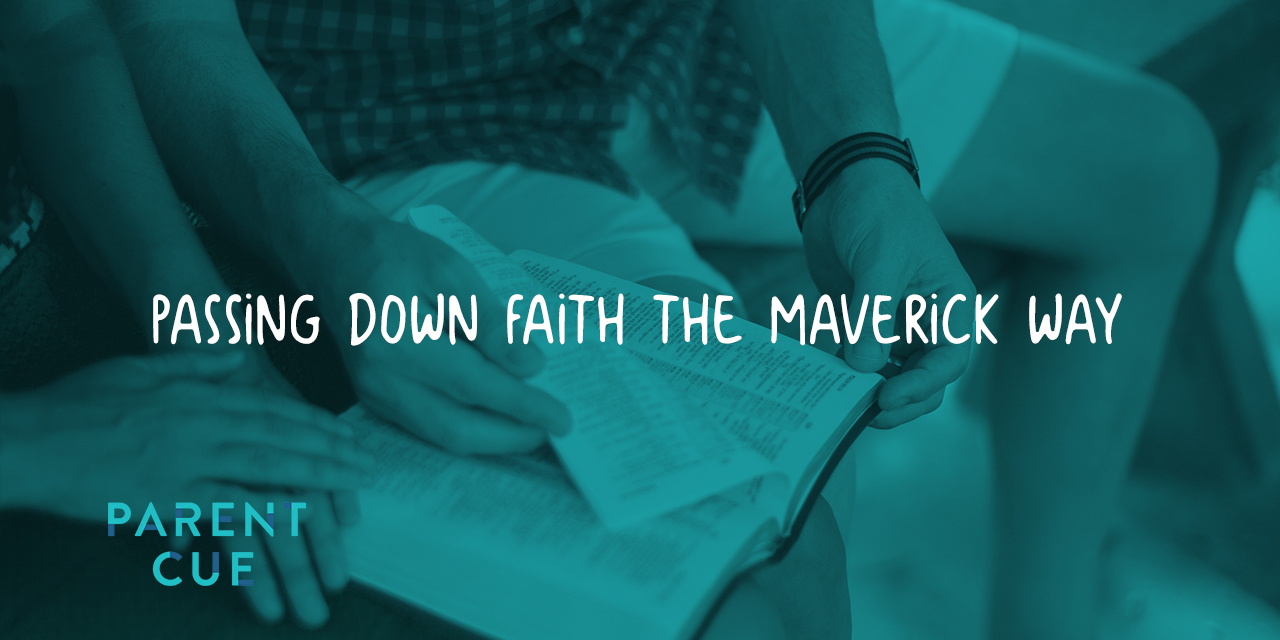
The Story of the Ugliest Christmas Tree
In our first year of marriage, I was still finishing up my education degree while my husband worked for a church as a youth pastor. We were poor. Even when we dug under the couch cushions for loose change (which we frequently did), we barely had enough to make ends meet.
It was Christmas, and we had to figure out how to celebrate it in our tiny one bedroom apartment. We were able to buy a scrawny tree from a discount lot near our church but what about decorations? Lights, ornaments, and tinsel seemed tremendously expensive to a young couple that regularly ate ramen and mac and cheese out of the .69 cent blue box. I looked around and found a piece of leftover red material and decided to make my own Christmas bows for the tree. A great solution for an expert seamstress, which sadly, I’m not. We ended up with saggy wads of material that instead of casting a festive look seemed to whisper tired defeat.
Last week as I helped my 26-year-old daughter decorate her small condo for Christmas, I tried to describe the hideousness of our tree 34 years ago. It leaned to the right. We had to hide the dried up part in the corner, and I forgot to water it so it quickly got worse. We didn’t realize until later that tree had bugs that got infested in our cheap apartment carpet. But we loved that tree. Geoff, to this day, says it’s his favorite, partly because it was our first, but more because we didn’t have the sense to know any better.
As I shared this story, I found myself laughing at my pitiful attempts, and our conversation took a turn. It shifted from the sad decorations to the hard but wonderful parts of figuring out what it meant to be married and just starting our life.
This often happens with stories passed down from generation to generation. If we’ll tell them in their unvarnished glory and let our kids ask their uncensored questions, we may just find ourselves in conversations that really matter. Here are a couple of things that telling stories can bring to your family.
Stories with honesty bring perspective.
It’s great for our kids to hear our discouraging and imperfect moments. It makes theirs seem not so insurmountable. For Brittainy and I, the conversation took a deeper turn to finances in general, and I was able to share the story of when I got my corporate credit card taken away because I kept forgetting to turn in expense reports and losing my receipts. We were able to laugh and share some “me too” moments that helped us both see each other with kinder eyes.
Stories over time bring a sense of belonging.
When our kids were little, we would often tell them, “You’re a Surratt!” Being young, they would many times look at us with a look of “So what?” But as we’ve shared the rich and sometimes bizarre history of our family, they have begun to catch what it means. As we’ve told the stories, some of them again and again, they’ve caught the bigger story and are beginning to see their part in it. They come from a long line of folks who sometimes didn’t have the sense to know they couldn’t do something, so they went and did it anyway. We are a family who makes mistakes and screws up, but we lean on God and each other when we do.
Stories with family context bring connectedness and purpose.
Our kids love the stories of their great grandfather who couldn’t pronounce Psalm (he didn’t believe in silent letters) and their grandmother who when she was frustrated would tell her kids to go play in the traffic. They see themselves in the imperfectness and quirky sense of humor. They relate it to themselves when they hear the stories of humble beginnings and being who God called them to be wherever they chose to serve. They know they’ve been born on purpose into a family who loves them no matter what.
As your family ends this year and heads into the next, think about the family stories that maybe you kids don’t know. Think about the ones they do know that might need to be told again. And again. Take some minutes to laugh and get honest and entertain the “Why in the world did you do THAT?” questions. They may just take you where you’ve never gone before.
LET’S TALK ABOUT IT
- What are the stories about yourself or your parents that could help your kids see the bigger family picture of where you’ve come from?
- What is a family story that has meant a lot to you? Why? Do your kids know the story?
- How have you seen stories work in your family?
Let us know in the comments below!




